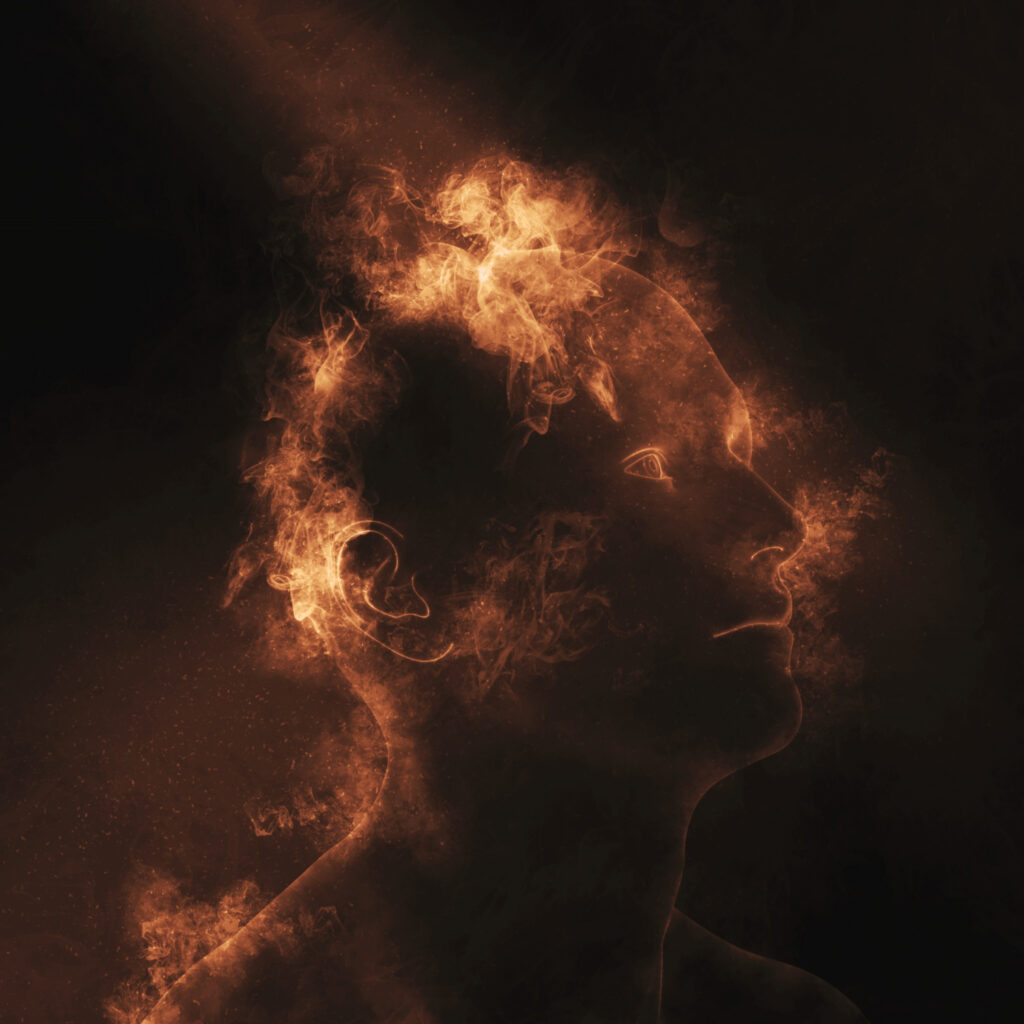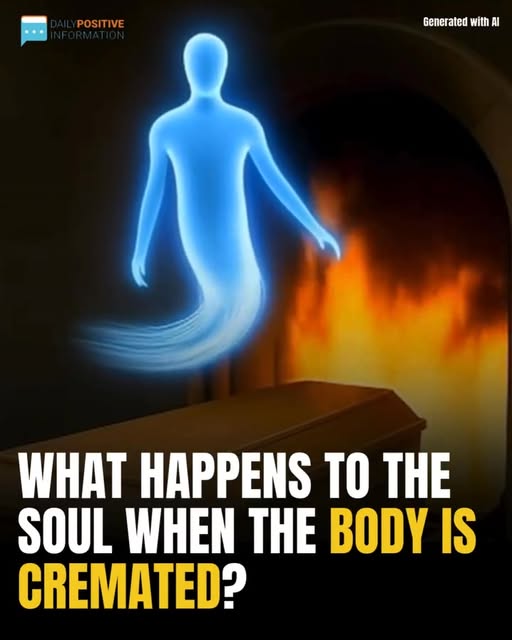Religious Perspectives on Life, Death, and the Afterlife
Death has always stirred humanity’s deepest questions: What happens after the body dies? Where does the soul go?
For those who choose or witness cremation, the question becomes even sharper — does fire harm the soul, or does it set it free?
Different religions answer in different ways, yet each offers profound insights.

Hinduism: Fire as the Liberator of the Soul
In Hindu belief, cremation is not just accepted but sacred. Fire is personified as Agni, the divine messenger, who carries offerings from earth to the gods. The Rig Veda declares:
“Agni, consume him not entirely… bear him to the Fathers when he is ready” (Rig Veda 10.16).
The soul (atman) is eternal and distinct from the body. The Bhagavad Gita teaches:
“The soul is never born, nor does it die… it is not slain when the body is slain” (Bhagavad Gita 2:20).
Cremation speeds the release of the soul, severing earthly ties. Rituals like the kapala kriya — breaking the skull to symbolically free the soul — emphasize this liberation. For Hindus, the burning of the body is not destruction, but transformation and passage.
Buddhism: Impermanence and the Journey Through Bardo
Buddhism shares many ideas with Hinduism but frames them in terms of impermanence. Cremation is a reminder that all things are transient. The Buddha himself was cremated, and his relics enshrined.
In the Tibetan Book of the Dead (Bardo Thodol), the soul — or more precisely, the stream of consciousness — travels through the bardo, the intermediate state between death and rebirth. Chanting and rituals guide it toward a favorable rebirth.
Cremation, then, is not about the body but about aiding the consciousness. The flames symbolize release from clinging, a way of acknowledging that the body is no longer the self.
Christianity: The Soul Beyond the Flames
Christianity historically preferred burial, seeing it as a reflection of faith in the resurrection. The Bible proclaims:
“From dust you are and to dust you will return” (Genesis 3:19).
Some early Christians rejected cremation because of their hope in bodily resurrection. Yet the New Testament also affirms:
“We know that if the earthly tent we live in is destroyed, we have a building from God, an eternal house in heaven” (2 Corinthians 5:1).
Today, most denominations, including the Catholic Church, permit cremation. The Church’s instruction Ad Resurgendum cum Christo (2016) clarifies that the soul departs immediately at death and is unaffected by cremation. Ashes must be kept in sacred places, not scattered or kept as jewelry, to show respect for the body that once housed the soul.
Islam: The Body as God’s Trust
In Islam, cremation is strictly forbidden. The Qur’an teaches that God created humans from dust and will resurrect them from it:
“From the earth We created you, and into it We will return you, and from it We will bring you out once more” (Qur’an 20:55).
The body is considered a trust from Allah, to be honored even after death. Burial within 24 hours is commanded, with the body laid facing Mecca. The soul (ruh) departs at death but remains connected to the body until the Day of Judgment.
Because of this mysterious link, cremation is seen as a violation of God’s will and a desecration of His creation.
Judaism: Burial and the Hope of Resurrection
Traditional Judaism, like Islam, prohibits cremation. Burial fulfills the commandment:
“For dust you are, and to dust you shall return” (Genesis 3:19).
The Talmud emphasizes burial as a mitzvah (sacred duty), reflecting respect for the body and faith in resurrection:
“The righteous will bloom from the earth” (Isaiah 26:19).
Kabbalistic teachings hold that the soul (neshama) lingers near the body for a time after death. Cremation is believed to cause suffering or confusion for the soul. While Reform Judaism permits cremation, most Jewish authorities strongly discourage it, emphasizing the sanctity of burial.
Indigenous and Other Traditions
Indigenous cultures vary widely. For some Native American tribes, cremation was practiced to release the spirit quickly, while others buried their dead close to the earth to keep the soul near the land of the ancestors.
Modern secular perspectives often see cremation as a practical choice. For those who believe in the soul as energy or consciousness, cremation affects only the body, not the essence of being.
A Shared Understanding: The Soul Transcends the Fire
Across traditions, one truth shines: the soul is not destroyed by fire. For Hindus and Buddhists, cremation helps it move on. For Christians, the soul goes to its eternal destiny, regardless of the body’s fate. For Jews and Muslims, the soul awaits resurrection, but burial — not fire — honors it.
Even outside religion, many see cremation as symbolic: a return to nature while memory and spirit endure.
Conclusion
What happens to the soul when the body is cremated? The answer varies by faith, but the underlying theme is universal: the soul transcends the body. Fire may consume flesh, but not spirit. Whether liberated, judged, or awaited, the soul’s journey continues.
In the mystery of death, religions remind us of one truth — we are more than our bodies, and our essence is never reduced to ashes.

